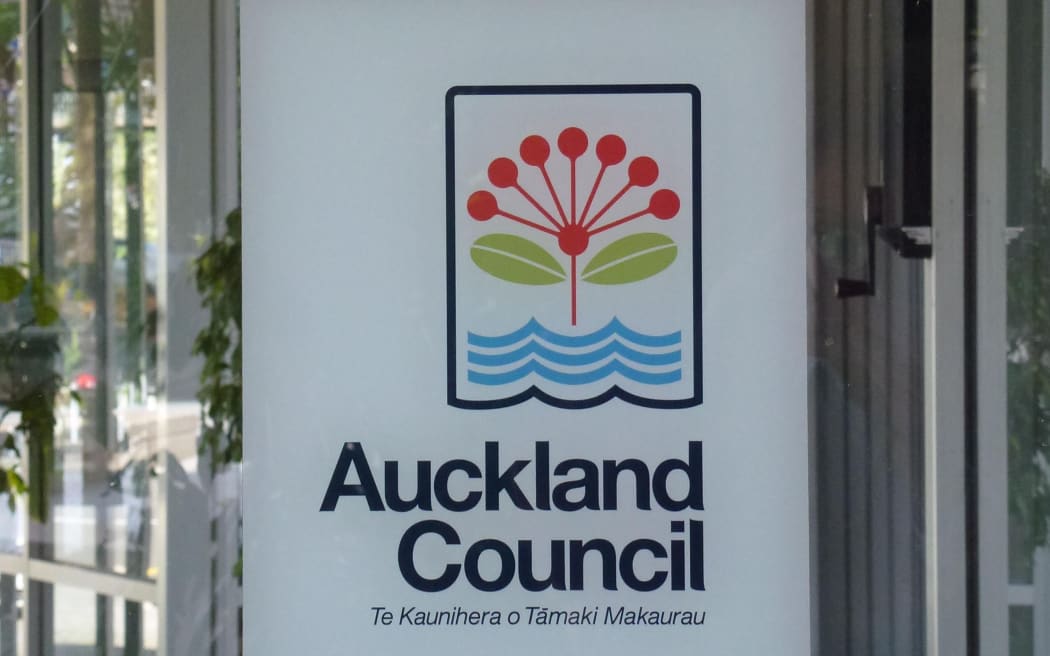Politics
Auckland Mayor’s Chief of Staff Resigns Amid Financial Scrutiny

Auckland Mayor Wayne Brown‘s chief of staff, Jaswant Singh, has stepped aside from his position following revelations about his financial dealings. Singh, who also goes by the name Jazz Singh, failed to disclose that his property company, Traxx Investments, was in liquidation, with outstanding debts of $560,000 owed to Inland Revenue.
The decision for Singh to resign came after an internal review conducted by Auckland Council. Chief Executive Phil Wilson confirmed the resignation on October 24, 2023, stating that while appropriate declarations were made, Singh should have informed the mayor and himself about the liquidation of his company.
Wilson remarked, “Stepping aside from the Chief of Staff role will prevent any further distractions for this office, which is focused on the important last three months of this electoral term.” He acknowledged Singh’s contributions over his 14 years with Auckland Council, highlighting his leadership and work on significant projects, including the establishment of the Auckland Future Fund.
In light of the situation, Singh has transitioned to a new role within Auckland Council as the project lead for executive projects in the chief executive’s office. The council has appointed Tamsyn Matchett as the acting chief of staff for the mayor.
Brown expressed his disappointment over Singh’s departure but recognized the necessity of the decision. He stated, “Jazz has been an extremely effective chief of staff who has offered good counsel and provided strong leadership in our office.”
The resignation underscores the importance of transparency and accountability in public service roles, particularly as the council approaches the conclusion of its electoral term. RNZ has sought comments from Singh regarding his departure, but no response has been received at this time.
-

 World3 weeks ago
World3 weeks agoPrivate Funeral Held for Dean Field and His Three Children
-

 Top Stories4 weeks ago
Top Stories4 weeks agoFuneral Planned for Field Siblings After Tragic House Fire
-

 Sports3 months ago
Sports3 months agoNetball New Zealand Stands Down Dame Noeline Taurua for Series
-

 Entertainment3 months ago
Entertainment3 months agoTributes Pour In for Lachlan Rofe, Reality Star, Dead at 47
-

 Entertainment2 months ago
Entertainment2 months agoNew ‘Maverick’ Chaser Joins Beat the Chasers Season Finale
-

 Sports3 months ago
Sports3 months agoSilver Ferns Legend Laura Langman Criticizes Team’s Attitude
-

 Sports2 months ago
Sports2 months agoEli Katoa Rushed to Hospital After Sideline Incident During Match
-

 Politics3 months ago
Politics3 months agoNetball NZ Calls for Respect Amid Dame Taurua’s Standoff
-

 World1 month ago
World1 month agoInvestigation Underway in Tragic Sanson House Fire Involving Family
-

 Entertainment2 weeks ago
Entertainment2 weeks agoJacinda Ardern Discusses Popularity Decline on Graham Norton Show
-

 Sports6 days ago
Sports6 days agoPressure Mounts on All Blacks Coaches Amid Internal Strife
-

 Sports3 weeks ago
Sports3 weeks agoEli Katoa Shares Positive Recovery Update After Brain Surgery




















